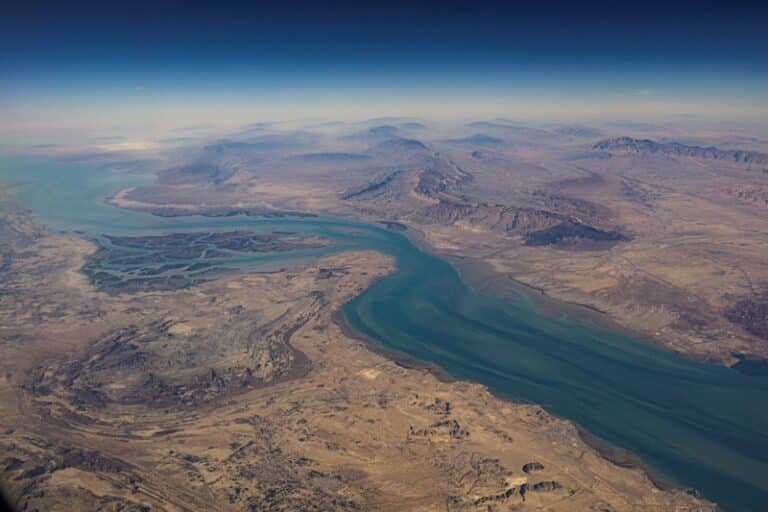
The 2026 World Cup may be the last tournament North America can stage without urgent climate adaptation, a new report has warned. The Pitches in Peril study, produced by Football for the Future, Common Goal and Jupiter Intelligence, found that 10 of the 16 host stadiums are at very high risk of extreme heat stress.
By 2050, almost 90% of North America’s host venues will need adaptation to cope with severe heat, while a third could face water demand equal to or greater than supply. The study also assessed future risks for stadiums due to host the 2030 and 2034 tournaments, as well as grassroots pitches once played on by 18 football legends.
Spain’s World Cup winner Juan Mata, recalling last year’s devastating Valencia floods, said:
«As someone from Spain, I can’t ignore the climate crisis. Football has always brought people together, but now it’s also a reminder of what we stand to lose.»
Troubling Signs Already Emerging
The recent Club World Cup in the United States offered a preview of future risks. Players described the extreme heat and thunderstorms as impossible to endure, forcing FIFA to introduce cooling breaks, shaded benches, air fans and additional water provision.
The report also projected severe risks for global stars’ home grounds. Mohamed Salah’s childhood pitch in Egypt could face more than a month of unplayable heat each year, while Nigeria captain William Troost-Ekong’s youth field may suffer 338 days of extreme heat annually by 2050.
Call for Urgent Action
«Risks will keep growing unless drastic steps are taken, such as moving competitions to cooler regions or winter months,» said Piers Forster, director of the Priestley Centre for Climate Futures at the University of Leeds.
The 96-page report urged football to commit to net-zero emissions by 2040, publish credible decarbonisation plans and create adaptation funds for future tournaments. A fan survey showed 91% of 3,600 supporters across the three host countries want the 2026 World Cup to act as a model for sustainability.
However, a separate assessment by Scientists for Global Responsibility, Environmental Defense Fund and the Sport for Climate Action Network warned that the 48-team, 104-match competition could be the most climate-damaging World Cup to date.
Kursiv also reports that Norway delivered a staggering 11–1 victory over Moldova in the sixth round of the 2026 World Cup qualifiers.













